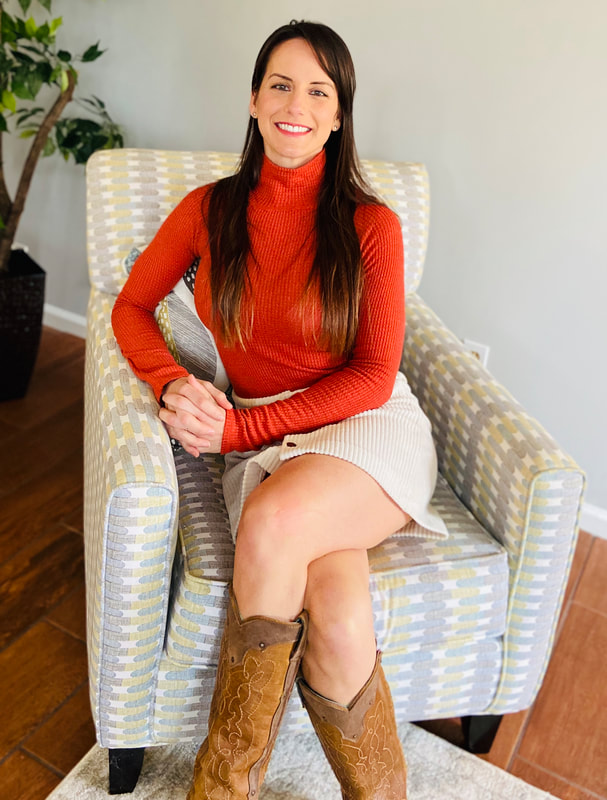|
Today was an interesting and good reminder for me that I need to explicitly be teaching students that Socratic seminars are not a place for debate, but discussion.
My 6th graders are currently reading Maniac Magee, by Jerry Spinelli. If you haven’t read this book, I highly recommend it for all students between the ages of 10 and 12. It tells the story of Jeffrey Lionel “Maniac” Magee whose parents died and he was forced to live in the most unhappy of places - with his Aunt Dot and Uncle Dan who hate each other. One day, Maniac can’t take it anymore and he runs away! He crosses the racial lines that divide the city of Two Mills and quickly becomes a legend or a myth. No one is really sure.
We’ve only just begun the story, but my classes have been studying the civil rights movement, so they are already making connections and some good predictions. There is a part at the beginning of the story, where Maniac is being chased by bullies and he heads in the direction of the side of town that no white kid has ever gone. At night and for no reason, nonetheless! The bullies comment that they are going to just let him go because he will end up in worse shape, heading into a part of town that he doesn’t belong. In the book, the author writes: “He headed to a part of town that white people are afraid to go to.”
I asked my students why they think people would be afraid to go to a town where they are the only person of a certain race. When it was obvious that some people didn’t agree with each other, it turned into a debate.
Two things went through my mind during this conversation: 1) I needed to stay quiet and let my students question each other’s thinking and justifications. 2) I had to find a way to steer it back into a conversation and not a debate, which it was quickly turning into. Some students were clearly getting frustrated and emotional about the fact that others weren’t agreeing with them. The alarm went off and the conversation ended. I took a moment and explained to my students that the goal of Socratic seminars is NOT to convince others of our positions on a topic, but an opportunity for us to all UNDERSTAND someone’s perspective. I did my best to make clear that it’s extremely difficult to have a conversation with someone who does not agree with us, but that is what learning is. It’s easy to talk with someone who thinks the same way we do, but it’s very hard to sit and listen to and talk about a topic with someone who you don’t agree with and try to understand why they think the way they do. It’s about understanding each other, not agreeing with each other. I realize this is an extremely difficult goal to aspire to, especially with middle schoolers, but I am determined to help them cultivate this skill of understanding. The best way I can think of doing it is to keep giving them opportunities for practice and guide them through it. To guide them through it, I need to interject myself into the conversation and basically tell students what and how to ask each other certain questions to gain that understanding of each other’s perspectives. I also need to constantly remind students that someone’s opinion can never be wrong, but any opinion can be challenged by asking it to be supported with facts. This part is very important because if students are supporting their opinions with incorrect facts then it is up to others to correct the misconception. HOW to do this is the challenge. If done incorrectly, it just becomes kids yelling and arguing with each other. This has happened quite a lot this semester with my students. They are learning and tackling deep and heavy topics that relate to the civil rights movement and sometimes they are simply discussing the opinion of a character in a book. To be honest, all of this is expected. My students are not acting out of the ordinary - good or bad. However, it has again become clear to me just how important this type of learning is for young middle school students.
0 Comments
Leave a Reply. |
Julia GrahamDaughter of the King, wife and mother, former upper elementary teacher, curriculum and course developer Archives
March 2023
Categories
All
|
Pages |
Resources |
|



 RSS Feed
RSS Feed